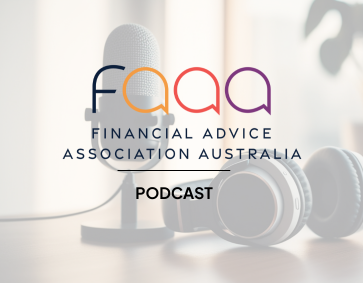Corporate bond yields remain attractive although valuations remain tight. However, an expected widening of credit spread in 2024 could open more buying opportunities for corporate grade bonds, according to American Century Investment senior client portfolio manager Joyce Huang.
“We believe corporate fundamentals, including profitability, debt levels and falling supply, generally appear healthy for investment-grade bond issuers and encouraging for bond investors,” said Ms Huang.
“Amid continued demand for corporate bonds, we expect weaker supply in 2024 to bode well for valuations. We continue to see evidence of strong investor demand for bonds at the current higher yield levels. We think this partly explains why credit spreads have remained at historically tight levels despite the heightened recessionary risks that emerged in 2023 with higher interest rates.
“However, as the economy slows, we believe spreads will move wider from their tight levels now, and more attractive buying opportunities should emerge for investors,” she said.
Following record corporate bond issuance at the beginning of 2024, forecasts show year-over-year investment-grade corporate bond issuance will likely slow in 2024. Corporations issued US$1.9 trillion in investment-grade debt in 2023, and that could dip to US$1.3 trillion in 2024, according to Ms Huang.
She says higher interest rates did not deter bond buyers in 2023, which resulted in high valuations. While spreads usually widen with higher interest rates, during the latest US Fed rate-hike cycle, credit spreads bucked historical trends and narrowed, which contributed to last year’s strong performance from corporate bonds.
“Factors that aren’t typical of rate-hike cycles, including a still-robust economy, strong consumer spending and durable corporate fundamentals, helped drive spreads tighter,” Ms Huang said.
Fundamentals also remain largely encouraging within the high-yield corporate bond market.
“As we would expect in the later stage of an economic cycle, profitability margins have been slowing. However, on a positive note, leverage has stayed below longer-term averages. Looking ahead, however, while the default rate on high-yield bonds is still relatively low, higher interest rates could represent potential risks to bond investors this year,” she said.
According to Ms Huang, the high-yield default rate provides an important insight into the health of the bond market and the economy. According to Fitch Ratings, US corporate high-yield defaults rose to 2.99 per cent in 2023 from 1.35 per cent in 2022. Fitch expects the default rate to rise to a range of 5 per cent to 5.5 per cent in 2024, alongside higher interest rates and a slowing economy.
“Despite last year’s modest increase and the forecast rise for 2024, the default rate remains low compared with periods of financial stress. For example, at the height of the 2008 financial crisis, the high-yield default rate topped 20 per cent. And during the pandemic, defaults climbed to 7.4 per cent in November 2020, so the default rate is still much lower than those levels,” she said.
“Corporate financials broadly remain healthy and give us confidence that many companies can endure a likely economic slowdown,” she added.
Within the high-yield segment, the energy sector has benefited from a positive mergers-and-acquisitions cycle, according to Ms Huang. “We've also identified high-yield bonds facing potential credit-rating upgrades to investment-grade status in the gaming and building materials sectors. Again, scrutiny is key, particularly in the higher-risk sectors, such as the retail and commodity-related industries,” she said.
“We also believe focusing on securities with intermediate-duration profiles is prudent in today’s market. In our view, these bonds deliver most of the return potential of longer-duration securities with less volatility. We believe corporate bond yields remain attractive and a key driver of investor demand, but tight valuations highlight the importance of careful security selection.”












